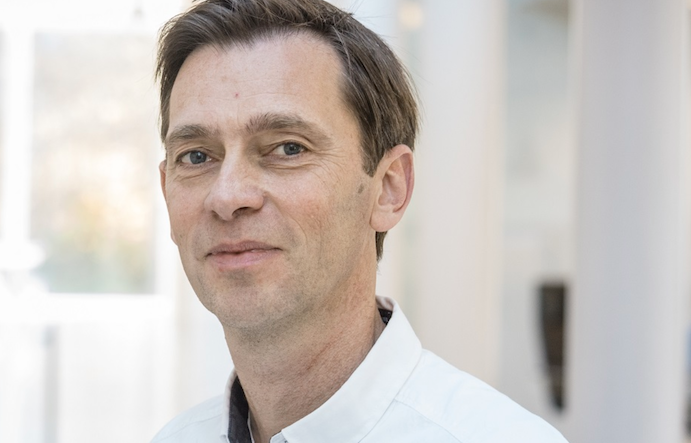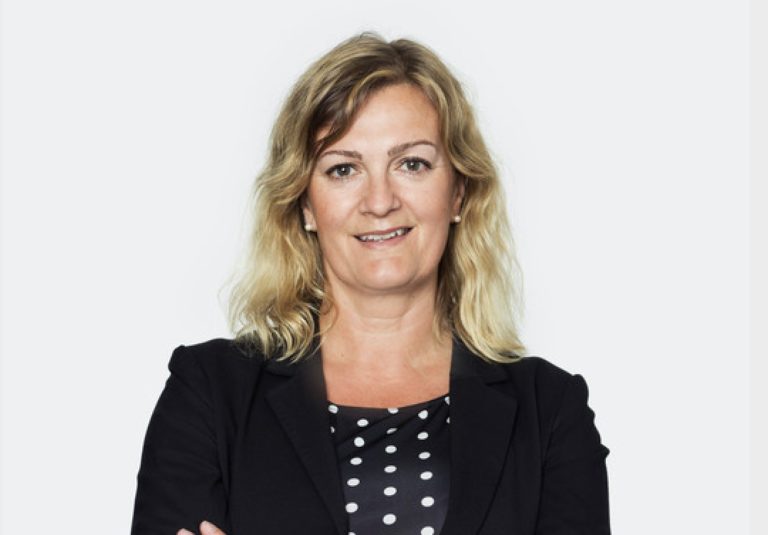An economic system that is solely designed for growth and resource consumption is a dead end. More and more people realize that a circular economy (CE) is the only way to have a world worth living in 50 or 100 years. But that is easier demanded than done. A circular economy requires a common change of mentality and behavior to create an economic system that uses resources more intelligently and respectfully.
Achieving this shared mindset shift is in particular an issue of knowledge and of empathy and, not least, also a question of the general willingness to challenge entrenched structures. That is why it is essential to get all involved parties around the table, listen to each other and act jointly, experts call this group of people “Communities of Practice” (CoP). Jos Frijns, scientist at the Dutch KWR Water Research Institute, sees CoPs as suitable method to establish a circular water economy in the long term with economic advantages, social and ecological side effects that benefit us all.
Ewa Lind is lead of a test bed of measures to reduce water scarcity on the island of Gotland, Sweden to create a sustainable water supply with the aid of CoP. She talks about her experiences of the implementation.


Jos Frijns, you have worked intensively with the CoPs. Why do you consider CoPs to be suitable to establish circular economy? And in your opinion, what are the advantages and disadvantages of CoPs compared to traditional methods such as strict political decisions?
There are numerous examples of successful CoPs, either organized around topics or practices. At KWR, we facilitate already for more than ten years a think-tank platform called Dutch Water Sector Intelligence, in which the water sector operates as a strategic learning alliance for responses to future challenges.
The transition to a circular economy requires participation of all relevant stakeholders. Then CoPs are an effective way to organize this participation as they provide for actual engagement, exchange of opinions and experiences, and collective learning.
On the other hand, CoPs need to be organized and facilitated well, otherwise they end up either as time-consuming gatherings without any social learning, or they will be misused by some to legitimize stakeholder participation.
Recently, together with colleagues, you have presented an evaluation framework for the analysis of social learning outcomes in CoPs, which is crucial for their success. You have developed the evaluation framework along the H2020 project NextGen that intends to demonstrate solutions for water in the CE. Why do we need circular water solutions?
Currently, the greatest challenge for society is to deal with climate change. The water sector can contribute to mitigation and adaptation to climate change. This requires a new systems perspective of the whole water system and organization. A perspective in which the water sector optimizes its connection to other sectors and developments, such as energy, agriculture, urban planning, informatics etc. It requires a transition towards a circular economy.
In the transition towards CE, the water sector itself needs to further close the water cycle, by harvesting and storing rainwater and reusing wastewater for all kinds of purposes such as irrigation, street cleaning and indirect potable water. Moreover, wastewater contains valuable resources such as energy – biogas, heat – and materials like nutrients that can contribute to closing the loop in energy and food systems.
Water has a special meaning for most people; it is a symbol of life, vitality, renewal and purity. As the coordinator of the circular water project NextGen, you must therefore act extremely sensitively. What exactly is NextGen and what can we learn from it?
NextGen will show innovative technological, business and governance solutions for water in the CE in multiple high-profile, large-scale, demonstration cases across Europe. At each demo case, a CoP is set up to promote a multi-stakeholder approach to discuss CE water technologies in its institutional context. The CoP’s aim to create an engagement environment around the demonstrated innovations in which stakeholders across the water value chain interact and collaborate.
Stakeholder involvement can secure the long-term implementation of water solutions on the ground. This is in particular important for circular water solutions which rely on stakeholder engagement from the whole water value chain, i.e. from all related sectors in the CE. In our CoP meetings we notice that involving a broad group of stakeholders can lead to new perspectives on the circular water solutions. It is important to create the conditions for social learning in these CoP meetings that enable this co-production of knowledge.
Although we can see differences in the process of stakeholder participation, in particular of policy representation, across the NextGen CoP meetings in Europe, the benefit from engagement and knowledge co-production is general.
At this point it is interesting to have a look at one of the demo cases. In recent years, the Swedish island of Gotland has experienced a severe water crisis that negatively affected tourism and industries. Ewa Lind, you are NextGen lead for Gotland based at the Swedish Environmental Research Institute, IVL. What were the biggest challenges in your demo case and what have you learned so far?
The biggest challenge might be building trust, both between different stakeholders and trust for the technology. Building trust takes time. It means a lot of meetings, discussions, respectful listening, acknowledging other opinions, some politics but also a willingness to adapt. Also, trust is different depending on stakeholder such as farmer, organization, and authority and must be handled differently.
New conditions like water scarcity, climate change, transition to sustainable society, small scale, local etc. require new solutions that might not come from above but rather to be rooted in all levels to be successful. Participation and seeing your own benefit are absolutely necessary for a success in this type of project. Laws, policies and governance need to be adapted to the new solutions to both simplify and speed up the transition.
The NextGen project will run until 2022, but fortunately there are already some successes to report. Jos Frijns, what is your interim conclusion and what are the next steps?
We now have initiated stakeholder participation around a number of site-specific circular water solutions. Ideally, these initiatives will be upscaled to a more regional approach engaging relevant stakeholders in the overall transition to the CE. For this purpose, we are developing the concept of Water-oriented Living Labs, together with our NextGen partners such as Water Europe.
We still have a number of CoP meetings to be organized at the demo cases, in which we will discuss social and governance barriers and opportunities for replication and upscaling. For these upcoming CoPs, the new evaluation framework will be used so that we can improve its reliability and ease of use among practitioners in the water sector.
Furthermore, we hope that our work is of benefit to other disciplines on how to organize stakeholder engagement in transition processes towards sustainability or CE.
